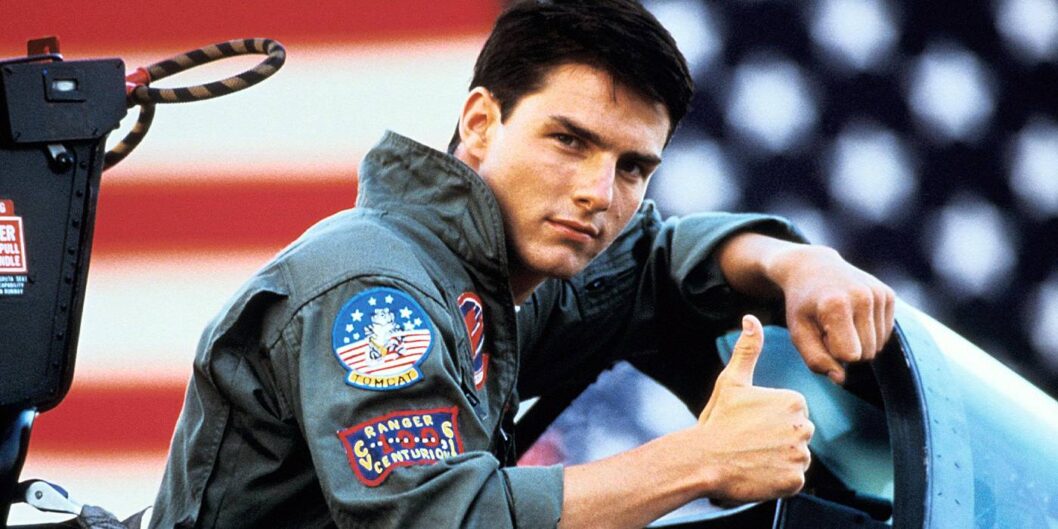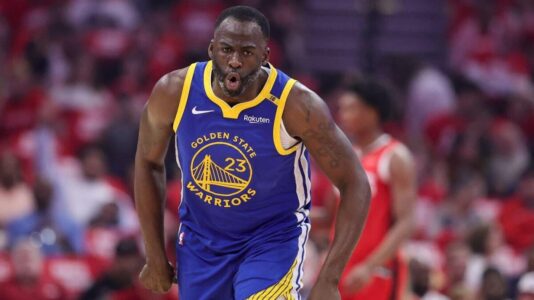Celebrating the Cinematic Magic of the 1980s: Defining Films of a Generation
The 1980s stand as a monumental era in cinema, characterized by oversized hairstyles, vibrant personalities, and a slew of films that not only entertained audiences but also shaped modern filmmaking and pop culture. This decade introduced iconic characters, memorable moments, and storytelling techniques that continue to influence the industry today. In this retrospective, we spotlight the most defining movies of each year from 1980 to 1989, highlighting their cultural significance and enduring appeal.
1980: The Empire Strikes Back
The cinematic legacy of 1980 is dominated by George Lucas’ The Empire Strikes Back. This sequel transformed the narrative of the Star Wars saga, deepening its mythology and delivering one of the most memorable plot twists in film history. Setting a darker tone, it explored complex themes through characters like Luke Skywalker, Han Solo, and Darth Vader. Its critical and commercial success not only solidified its place in cinematic history but also paved the way for future blockbusters.
The film’s impact is underscored by its ability to balance action and emotional depth, something rarely achieved in sequels. The runner-up, Stanley Kubrick’s The Shining, also significantly influenced the horror genre.
1981: Raiders of the Lost Ark
Steven Spielberg’s Raiders of the Lost Ark emerged as a template for the modern action-adventure genre. Starring Harrison Ford as the iconic Indiana Jones, the film combined elements of classic 1930s serials, featuring exhilarating escapism, thrilling chases, and exotic locations. This film redefined summer blockbusters and instigated a franchise still beloved today.
The cultural resonance of Raiders lies in its ability to blend humor with breathtaking adventures, making it more than a film but a cornerstone of popular culture.
1982: E.T. the Extra-Terrestrial
Another classic from Spielberg, E.T. the Extra-Terrestrial captures the essence of childhood wonder. This heartwarming story of an alien’s friendship with a young boy transcended its sci-fi premise, delving into themes of empathy and the power of connection. Its emotional depth, coupled with unforgettable performances, made it one of the highest-grossing films of all time and a cultural phenomenon that sparked unprecedented merchandising and homage.
1983: Trading Places
In a clever take on class and privilege, John Landis’ Trading Places stars Eddie Murphy and Dan Aykroyd in a story about a wealthy broker who swaps lives with a street hustler. The film is renowned for its sharp social commentary and comedic brilliance, making it a timeless classic that resonates with contemporary audiences. Its mix of humor and societal critique maintains its relevance, cleverly capturing the complexities of wealth and class dynamics.
1984: The Terminator
Setting a high bar for sci-fi action films, James Cameron’s The Terminator stars Arnold Schwarzenegger in a riveting tale about technology’s potential dangers. The film’s innovative effects and tight script established it as a benchmark for both the action and sci-fi genres. Linda Hamilton’s portrayal of Sarah Connor introduced a new archetype of strong female characters in action cinema, solidifying its cultural impact.
1985: Back to the Future
Directed by Robert Zemeckis, Back to the Future combines sci-fi, comedy, and adventure in a thrilling time-travel escapade. Starring Michael J. Fox as Marty McFly, the film navigates themes of identity and generational differences, all wrapped in clever dialogue and imaginative visuals. It remains a nostalgic favorite, illustrating how time travel can lead to personal discovery and hilarious consequences.
1986: Top Gun
Tony Scott’s Top Gun catapulted Tom Cruise to stardom with its depiction of naval aviation and American ambition. The film’s iconic characters and thrilling aerial sequences resonated with audiences, while its stylish presentation captured the essence of Reagan-era optimism. Beyond the flash, it serves as a narrative around personal growth and redemption, highlighting the nuances of aspiration against a patriotic backdrop.
1987: Wall Street
Exploring the ethos of corporate greed, Oliver Stone’s Wall Street features Michael Douglas as the amoral Gordon Gekko, co-starring Charlie Sheen. This film provides acute commentary on ambition and financial ethics during a time of economic boom. Its memorable quotes and sharp dialogue continue to echo within discussions about finance and morality in society, solidifying its status as a cautionary tale.
1988: Die Hard
Debating its status as a holiday classic, John McTiernan’s Die Hard redefined the action genre with Bruce Willis as John McClane. The film seamlessly blends humor and adrenaline, creating a relatable hero in the face of chaos. Its success prompted a rearrangement of action tropes, influencing countless films that followed and making it a perennial favorite among fans, regardless of the season.
1989: Dead Poets Society
Lastly, Peter Weir’s Dead Poets Society shines as a poignant reminder of the power of individuality and inspiration. With Robin Williams in a deeply moving role as John Keating, the film encourages students to embrace creativity and defy societal expectations. Its rich storytelling and emotional depth have made it a beloved classic that continues to resonate in educational settings, inspiring new generations.
In conclusion, the films of the 1980s encapsulate a transformative era in cinema, where genres were redefined, and storytelling reached new heights. Their legacy is felt not only in contemporary culture but in the very fabric of today’s filmmaking, proving that the magic of that decade still resonates profoundly. Whether through emotional narratives or groundbreaking action, these films remain timeless treasures that changed the cinematic landscape forever.









